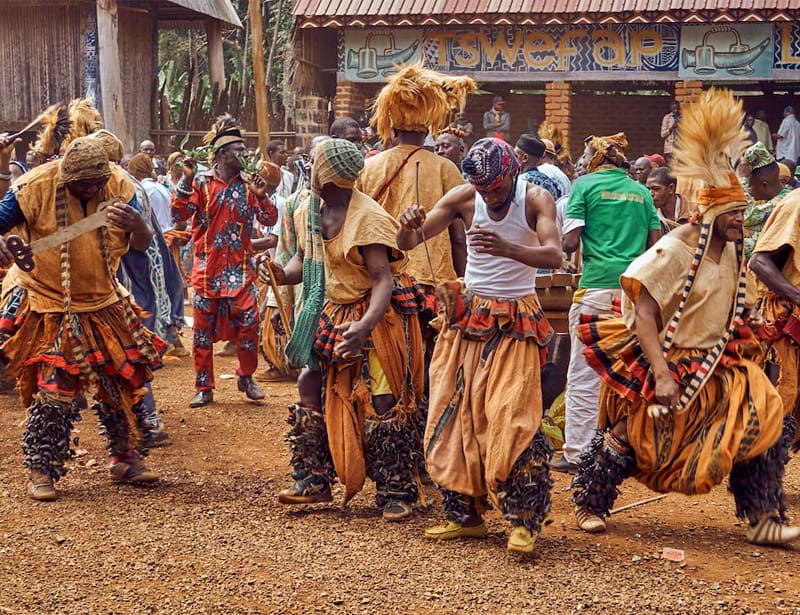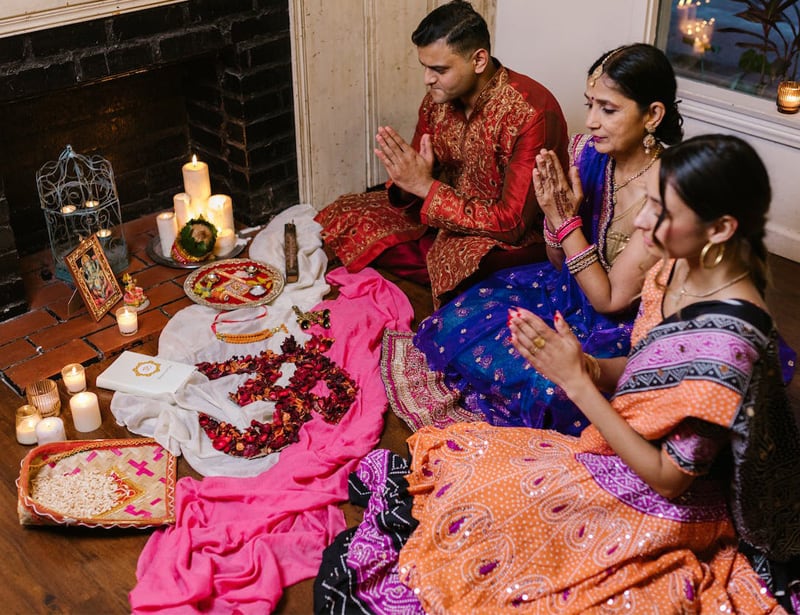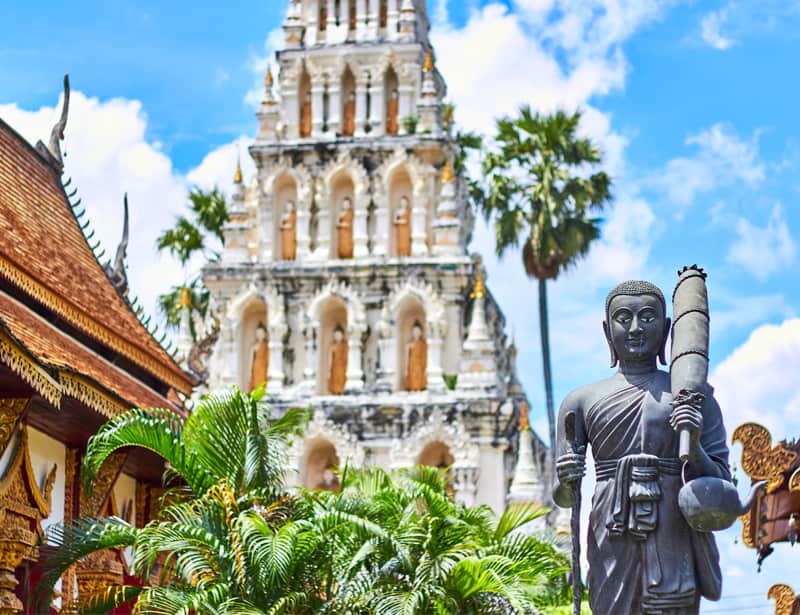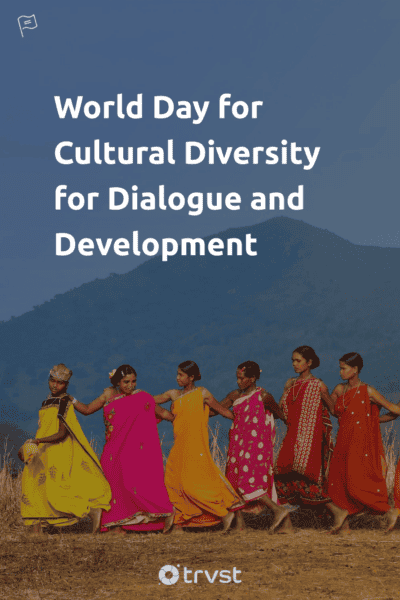World Day for Cultural Diversity for Dialogue and Development
Every May 21, the world celebrates the World Day for Cultural Diversity for Dialogue and Development. This day recognizes the cultural dimension in the world's major conflicts and culture’s role in fostering dialogue, peace, and sustainable development. Read on to learn more.
Featured in: May - Awareness Months, Days & Observances.
History and Background of World Day for Cultural Diversity for Dialogue and Development

In December 2002, the United Nations General Assembly adopted Resolution 57/249, marking May 21 as the World Day for Cultural Diversity for Dialogue and Development.
This date has become synonymous with the UN's Universal Declaration on Cultural Diversity, highlighting the critical role of the world’s diverse cultures in promoting inclusion and driving positive change.
In October 2005, the UN Educational, Scientific, and Cultural Organization (UNESCO) adopted the Convention on the Protection and Promotion of the Diversity of Cultural Expressions, outlining four critical goals towards a world that celebrates diversity.
Six years later, UNESCO and the UN Alliance of Civilizations launched the "Do One Thing For Diversity and Inclusion," calling for individuals and organizations worldwide to support diversity.
The campaign has reached millions and sparked a wave of support across continents.
Related Read: Asian American and Pacific Islander Heritage Month, Black History Month.
The Cause and Its Challenges
The United Nations observes the World Day for Cultural Diversity for Dialogue and Development to celebrate this diversity, promote understanding, and foster acceptance. However, misunderstandings and lack of acceptance of cultural diversity can lead to social tensions, discrimination, and conflict.
The issue of cultural diversity is closely tied to economic disparity, particularly for indigenous populations2. According to the UN, Indigenous people make up 15% of the world's poorest.
Moreover, the lack of accurate representation in culture reinforces stereotypes and misunderstandings. Cultural professionals and artists are necessary to bridge people and celebrate diversity, ensuring global peaceful coexistence.
Additionally, there is a risk of cultural homogenization, with dominant languages and cultures pushing smaller ones to the brink of extinction. UNESCO has revealed that a language disappears every two weeks1, erasing a unique cultural and intellectual heritage.
Read more: Equality and Diversity Facts and Statistics.
Why World Day for Cultural Diversity for Dialogue and Development Matters

Cultural diversity plays a vital role in global development, enriching our intellectual, emotional, moral, and spiritual lives. It becomes an equalizer that nurtures innovation, creativity, and prosperity when combined with freedom of expression, dialogue, and mutual respect.
Preserving it demands our commitment to human rights and fundamental freedoms, particularly for the rights of minority groups and indigenous peoples. When diverse cultures and communities actively participate in society, it fosters social cohesion, reconciliation, and peace, triggering personal and collective change.
Efforts and Initiatives
The United Nations Alliance of Civilizations (UNAOC) and UNESCO have introduced the International Decade for the Rapprochement of Cultures (2013-2022) to celebrate the global commitment to cultural diversity. This program aims to build bridges of understanding and to foster dialogue that nurtures acceptance and respect across cultures.
Of course, the United Nations’ sustainable development frameworks have culture at their very core. From inclusive cities through SDG 11 to solving inequality through SDG 10, considering culture throughout makes the approach human-centered.
In other countries, the Canadian government has launched a Multiculturalism Program to promote social cohesion by recognizing diverse communities' contributions. Moreover, the British Council's 'Active Citizens' program is a local initiative that promotes community cohesion by nurturing meaningful cultural relations.
These sustainable development frameworks have a far-reaching impact on transforming communities from the ground up.
How to Get Involved and Support World Day for Cultural Diversity for Dialogue and Development

Aside from traveling, explore books, documentaries, and other sources of information about other cultures.
Local events and festivals also provide an opportunity to experience authentic traditions, where cultural professionals integrate culture into the whole experience.
Use social media platforms to share your culture or learn from others. And feel free to share some of our equality and diversity quotes.
Support local organizations advocating for cultural diversity. You can volunteer your time by organizing events. Providing language support to newcomers in the community is also helpful.
Conclusion
The World Day for Cultural Diversity for Dialogue and Development promotes intercultural dialogue, mutual respect, and understanding among people of different cultures. It reminds us that our differences should not divide us but enrich our global landscape.
Let us seize this day's potential and commit ourselves to embracing diversity.
FAQs (Frequently Asked Questions)
It is a global observance that celebrates the richness of cultural diversity and the necessity of intercultural dialogue and sustainable development.
It enhances creativity, fosters mutual understanding, promotes respect for different perspectives, and contributes to social and economic development.
It fosters innovation, encourages social cohesion, and promotes inclusive and equitable societies. All people in society benefit from diversity.
Many people face stereotypes, discrimination, inequality, and the difficulty of preserving cultural heritage in the face of globalization.
Join local cultural events, engage in continuous dialogue, promote community diversity, support sustainable systems set by governments and organizations, and advocate for policies safeguarding cultural rights.
| 1 |
United Nations. (2018). ‘Our values, beliefs and identity’ are embedded within language, UNESCO says on Mother Language Day. UN News. |
| 2 |
United Nations. (2011). In State of the world’s indigenous peoples. |
Mike is a degree-qualified researcher and writer passionate about increasing global awareness about climate change and encouraging people to act collectively in resolving these issues.
Fact Checked By:
Isabela Sedano, BEng.

